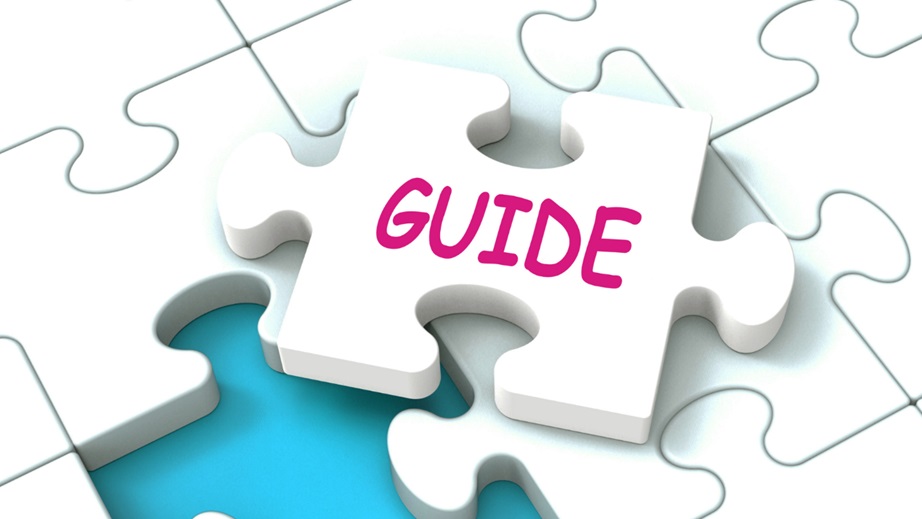If you’re scheduled for a cardiopulmonary exercise test, also known as a CPET, you may be wondering what to expect. This article will provide a comprehensive overview of the procedure, from what happens during the test to how to prepare for it. By understanding what to expect during a CPET, you can be better prepared and more relaxed when you go in for your appointment.
What is a Cardiopulmonary Exercise Test?
A cardiopulmonary exercise test is an important diagnostic procedure that measures how well your heart, lungs, and muscles work together during exercise. It is also referred to as a stress test or a cardiopulmonary stress test. The test measures the amount of oxygen your body consumes, the amount of carbon dioxide it produces, and other parameters such as heart rate and blood pressure.
This information helps your doctor to accurately assess your exercise tolerance and overall cardiovascular health. You just have to ensure to seek a reputable healthcare professional for sports medicine in Baltimore, as this is crucial for your health. Remember, a cardiopulmonary exercise test can help to determine if you have any underlying cardiac or pulmonary disease, and early diagnosis is the key to successful treatment.
What Happens During the CPET Test?
During a cardiopulmonary exercise test, you will be connected to medical monitoring equipment to measure your heart rate, blood pressure, breathing rate, oxygen consumption, and other parameters. You will be asked to perform physical activity, such as walking on a treadmill or pedaling a stationary bike, while your doctor monitors your body’s response.
The test is typically divided into two parts. The first part is an exercise test that gradually increases in intensity. This allows your doctor to monitor your body’s response as the level of difficulty increases. The second part is a recovery period, where your doctor will measure how quickly your body returns to its pre-exercise state. Overall, the test typically takes about 20 minutes to complete.
Preparing for a Cardiopulmonary Exercise Test
It is important to prepare for a cardiopulmonary exercise test, as your comfort and safety are the top priorities. Here are some tips to help you get ready:
- Wear comfortable, loose-fitting clothing and supportive shoes. Avoid wearing jewelry and other objects that may interfere with the medical monitoring equipment.
- Have a light meal or snack at least two hours before the test, as this will help to prevent dizziness during exercise.
- Bring a list of any medications you are currently taking, including over-the-counter drugs.
- Drink plenty of water before and after the test to stay hydrated.
- Make sure to get a good night’s sleep the evening before the test.
Wrapping Up
A cardiopulmonary exercise test is an important tool for assessing cardiovascular health. By understanding what to expect during the procedure and consulting your doctor for orthopedic surgery in Baltimore can significantly reduce anxiety and help you feel more relaxed. Remember to follow your doctor’s instructions, prepare accordingly and stay hydrated throughout the test for optimal results. Thanks for reading.






